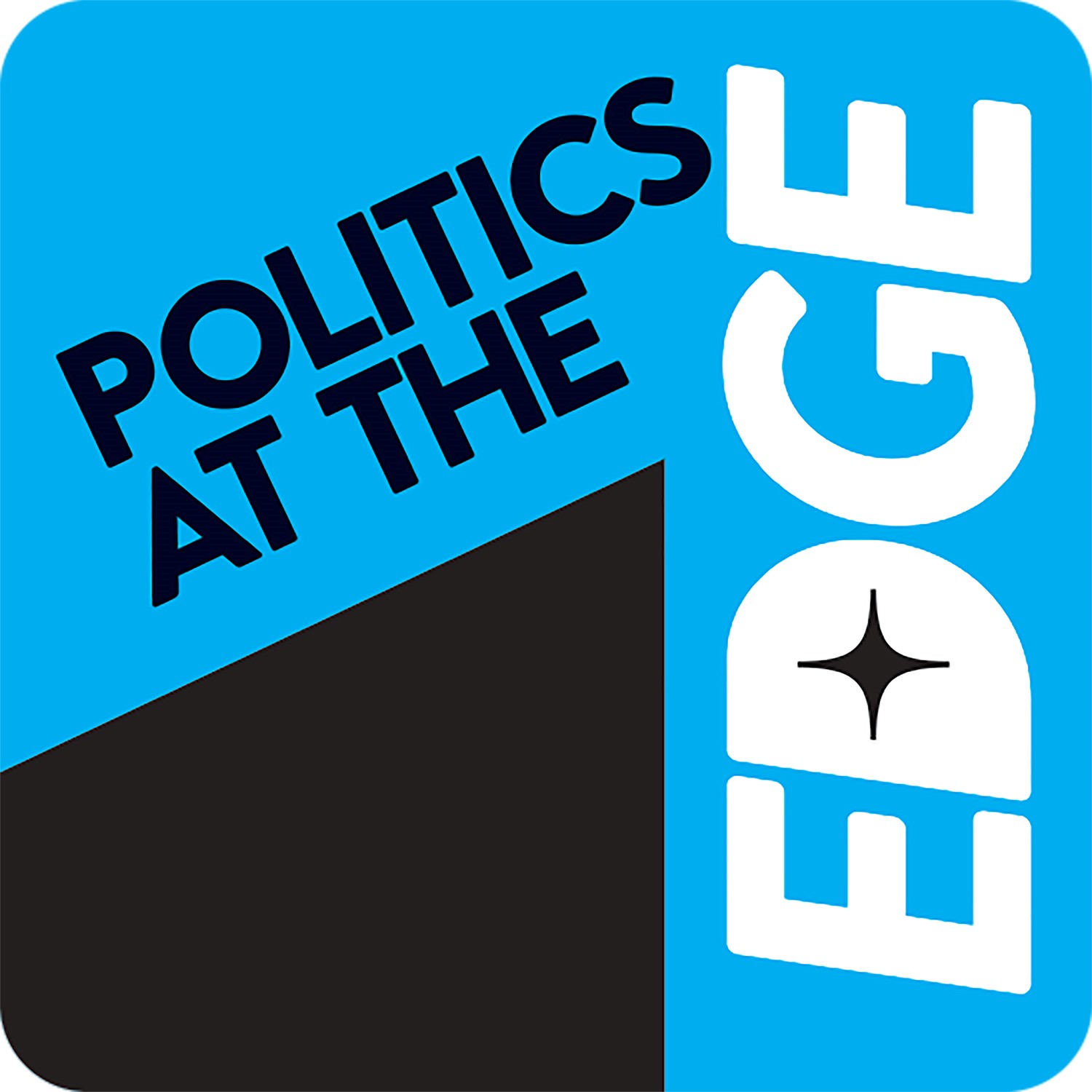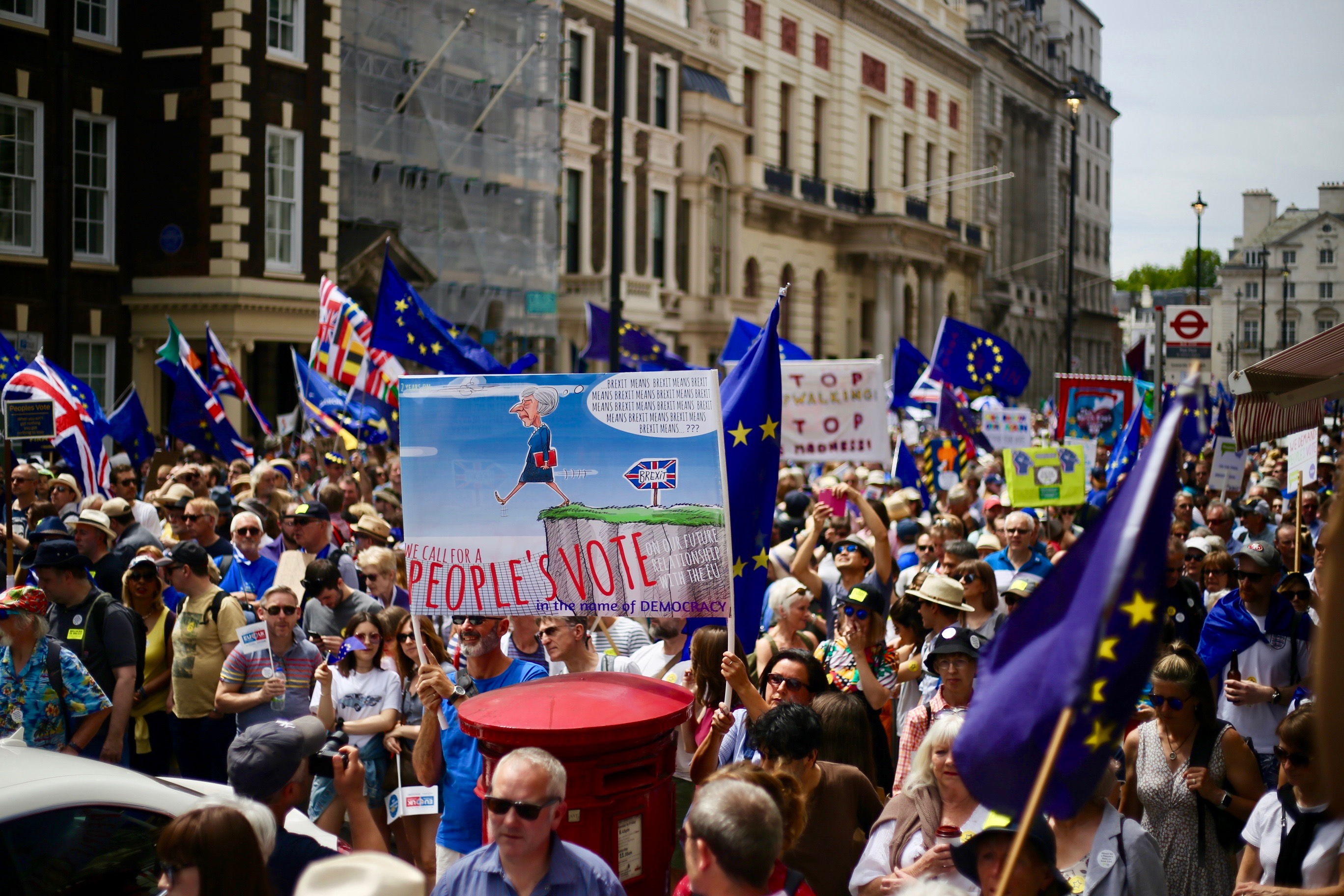A conference organised by ‘The UK in a Changing Europe'(ukandeu.ac.uk) on 8 February provided a rare occasion for leading journalists, broadcasters and academics to exchange experiences and views on how the EU is reported in the UK and the challenges or reporting EU news.
In the first panel of the event, chaired by John Peet, Political Editor, Economist, there was a wide agreement that the EU attracts high levels of media attention, which the University of Amsterdam’s Claes de Vreese argued has had an important impact on public attitudes and electoral turnout. Whether the UK is different from other member states, however, was a debate that ran throughout the day. Katrin Auel from the Institute for Advanced Studies, Vienna, reported results from a six-county study which showed that soundbites from politicians play a much greater role in UK coverage of the EU than in other countries, that Eurosceptic politicians receive a higher level of coverage, and that almost all articles on House of Commons activity relating to the EU focus on institutional issues to the neglect of bread-and-butter domestic policy. Highlighting the role that media coverage has played in shaping Eurosceptic opinion, Oliver Daddow, Nottingham Trent University, reported that ‘The ratio of readers exposed to anti-EU messages in the press in comparison to pro-EU messages is about 8 to 1 in terms of readership numbers‘. Susan Banducci, meanwhile, considered that coverage of EU politics is no more negative than coverage of national politics. Taking the discussion in a different direction, John Lloyd, Financial Times and the Reuters Institute, suggested that ‘all politics is national, which is one of the reasons why audiences don’t get the kind of information needed to understand Europe as a whole’.





